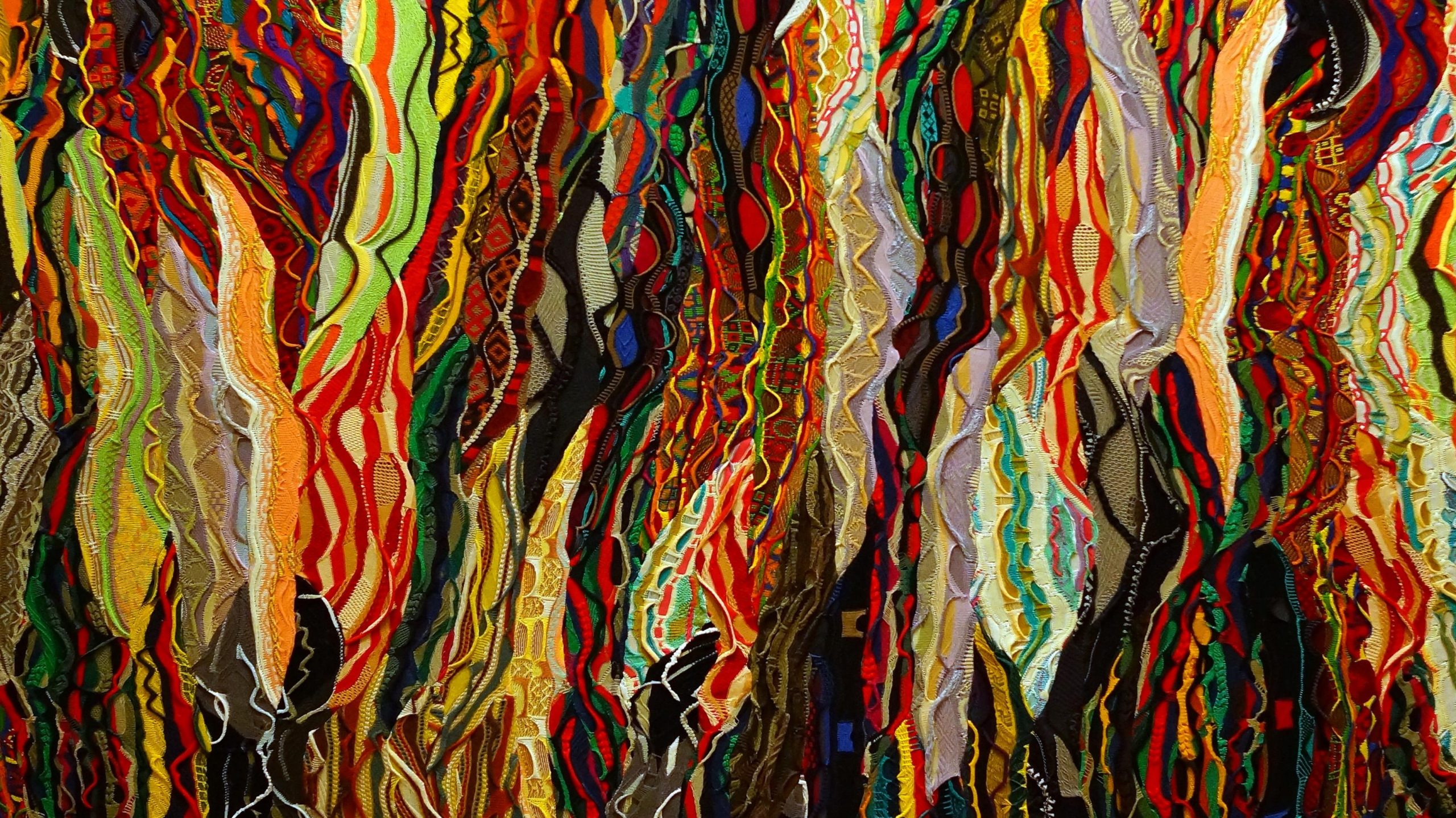
Ezekiel 36:24-28
Easter Vigil A
24 I will takeA you from the nationsB and gatherC you from allD the countriesE and bringF you into your own land.G
25 I will sprinkleH cleanI waterJ upon you, and you shall be cleanK from all your uncleannesses,L and from all your idolsM I will cleanseN you.
26 A newO heartP I will giveQ you,
and a new spiritR I will putS withinT you,
and I will removeU from your bodyV the heart of stoneW and give you a heart of flesh.X
27 I will put my spirit within you and makeY you followZ my statutesAA
and be carefulBB to observeCC my ordinances.DD
28 Then you shall liveEE in the landFF that I gave to your ancestors,GG and you shall beHH my people,II and I will be your God.JJ
Image credit: “Trying to find our spot off in that light, light off in that spot” by Jayson Musson, 2014. Photo by Regan Vercruysse.
